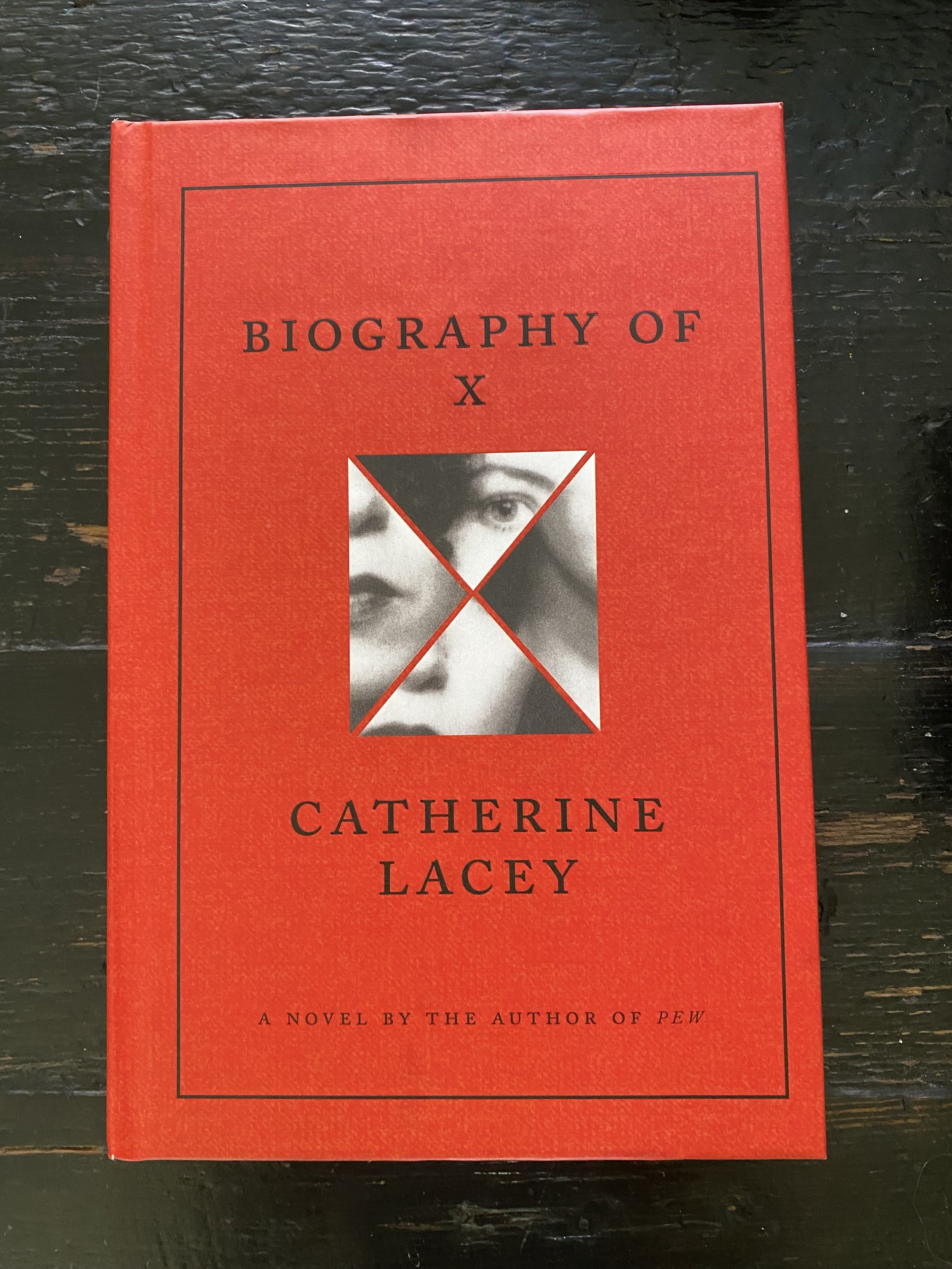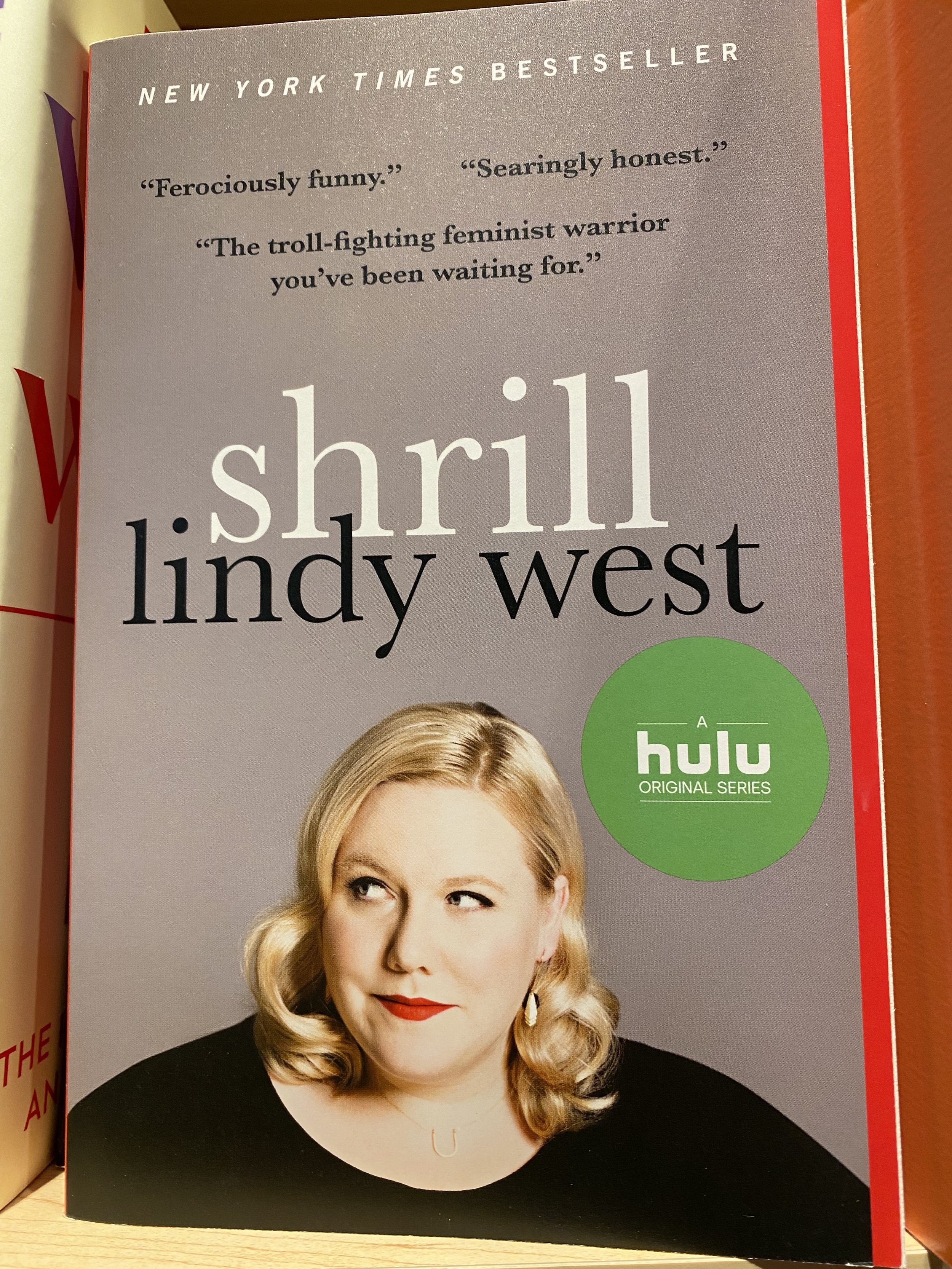5/5 stars
What's it about? Sy Montgomery makes friends with octopuses in this exploration of the soul and of the diversity of consciousness on Earth. A hug of a book that I was ready to dismiss but couldn’t help but admire for its spirit and openness to discovery.
How’d I find it? My spouse says this book was given to him to prove the cruelty of eating mollusks. It’s effective — you’ll never want calamari again.
Who will enjoy this book? If you’re constantly watching documentaries on Netflix or anything narrated by David Attenborough, this read is for you. A fiction readalike? The Overstory by Richard Powers or The Mountain in the Sea by Ray Nayler.
What stood out? Montgomery inhabits her project by befriending cephalopods, learning to dive, and becoming entangled in the happenings of the New England Aquarium. I appreciated the memoir approach to consciousness as a subject. Blending personal experience and science, The Soul of an Octopus is a human book about something beyond our species.
Which line made me feel something? “Perhaps, I muse, this is the pace at which the Creator thinks, in this weighty, graceful, liquid manner — like blood flows, not like synapses fire. Above the surface, we move and think like wiggly children, or like teens who twitch away at their computer-phones, multitasking but never focusing. But the ocean forces you to move more slowly, more purposefully, and yet more pliantly.”









